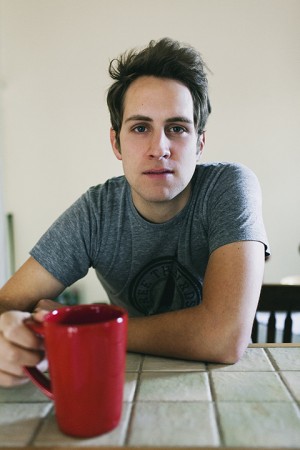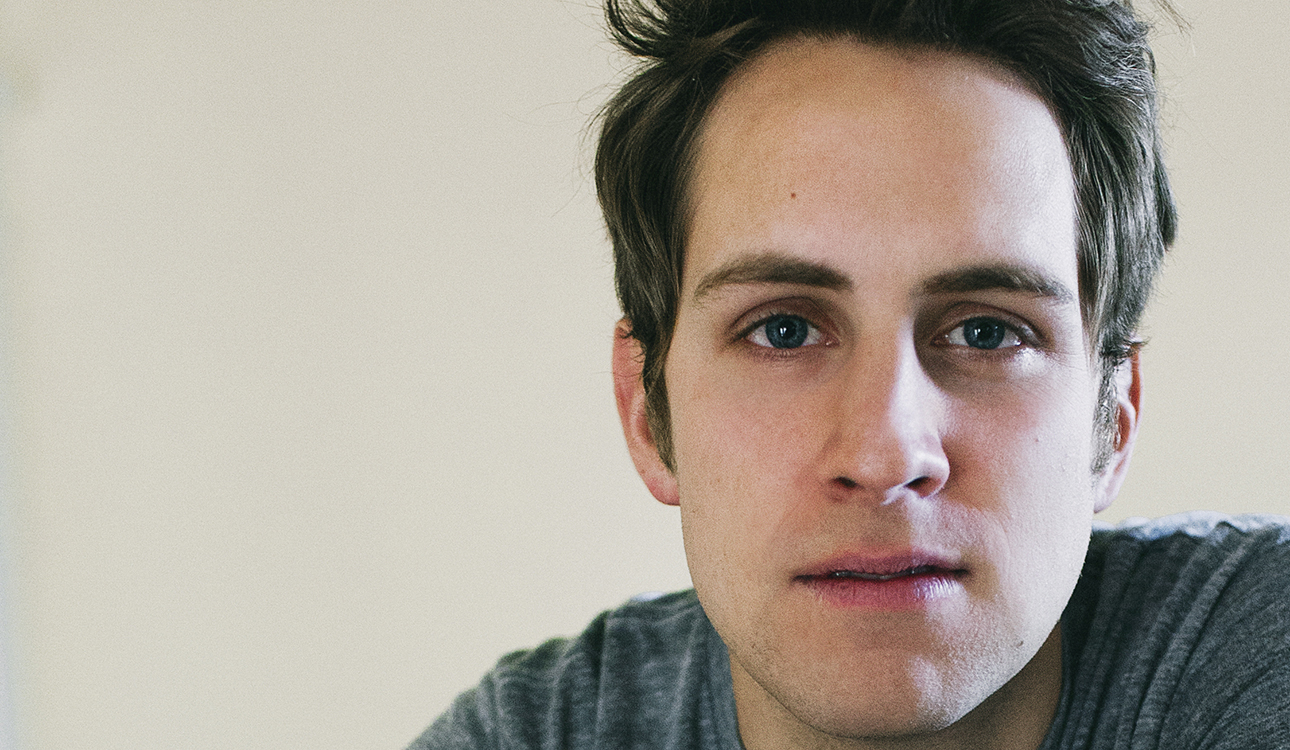
By Kara Blomquist
Reporter
Ben Rector, whose music has been featured on shows such as “One Tree Hill” and “The Lying Game,” will kick off his spring 2013 tour 8 p.m. today at Common Grounds. Rector began recording and releasing music while in college at the University of Arkansas. He is currently pursuing his music full-time in Nashville.
Q: When did you realize that you could realistically pursue a career in music?
A: My dad is in finance. My mom’s a psychologist. My parents were really supportive, but they’re not artists. I knew I loved music as soon as I started writing when I was in high school. It wasn’t until college that I saw people really connecting to it, in what to me looked like a unique way, that I thought, “Man, this could really happen and could be kind of, like, a career.”
Q: What was the first song you wrote that you remember being proud of?
A: I think I was maybe 16 or 17. I remember a song called “Tonight,” which I don’t think exists anywhere anymore. I wrote that, and I played it at a talent show at my school. That was my first taste of playing any sort of original music in front of people.
It was cool to see people connect to that, connect to something that I had made.
Q: How do you go about writing a song? Does it just come to you?
A: Usually the initial burst of like a melody and a lyric kind of just hits you. Sometimes I’ll kind of wake up and just have, like, an immediate thought. Sometimes I’ll be fiddling around on the piano or guitar, and something will kind of hit me that usually just kind of feels like it comes out of nowhere.
After that, usually then there’s some amount of you kind of crafting it, putting it together. That’s a little more like work. That part’s not easy, especially if you want it to be really good. It takes some time and effort to kind of put those pieces together.
Q: “When a Heart Breaks” is one of your more popular songs on iTunes. Where were you physically and emotionally when you wrote that song?
A: I just woke up with that idea. So I walked to the piano in the living room, started playing and it just kind of happened. Sometimes, when you write, it feels like a process and, like, I don’t want to say like work, but it feels like work. That song just kind of came out pretty intuitively and pretty quickly. I just remember feeling, like, a deep peace, when I had written it. It was just like, “I hope that affects people, and I hope it comforts people.” So that’s kind of where I was at. I mean, I was not in like a heartbroken place or anything. It just kind of came to me.
Q: What artists or genres of music inspire you?
A: I like a lot of new music, but I think the stuff that continually inspires me and that I always go back to is old singer-songwriters and bands. So I’d say like Paul McCartney and the Beatles, Randy Newman, James Taylor, Billy Joel. I like old soul music, so like Sam Cooke. A lot of that stuff is the stuff that I think always gets me. I’m always kind of like, “Man, I wish I had written that,” or “I wish I could spend a day with that guy,” or something. So that stuff I think continually inspires me, but then, honestly, there’s a ton of stuff that I would just turn on the radio and think is really well done. I mean, so just whatever catches my ears really.
Q: Has music always been a presence in your life?
A: When I was growing up, it really was not part of my life. I mean, I took piano lessons, kind of like everybody takes piano lessons when they’re a little kid. Then, a lot like everybody who takes piano lessons when they’re a little kid, I quit. I wasn’t really, like, passionate about music probably until high school when I started playing the guitar and writing. I just really enjoyed it, and it became something I started spending more and more time doing.
Q: How has your relationship with your music changed since you’ve started pursuing it as a career?
A: It’s an interesting thing because when I started out doing music, it was not complicated at all. It was: I wrote a song, I was excited about it, I wrote some more and I recorded it. Then I hoped people liked it.
As my music has grown some, there’s a lot more moving parts. Now a lot of the things that are involved in having a job making music don’t have that much to do with making music. Maintaining some sort of, like, creative normalcy is something that is kind of like a moving target — something you kind of have to learn how to adapt to.
You kind of have to learn how to stay inspired and how to continue to work creatively without that getting stale.
Links: YouTube | Facebook | Twitter






